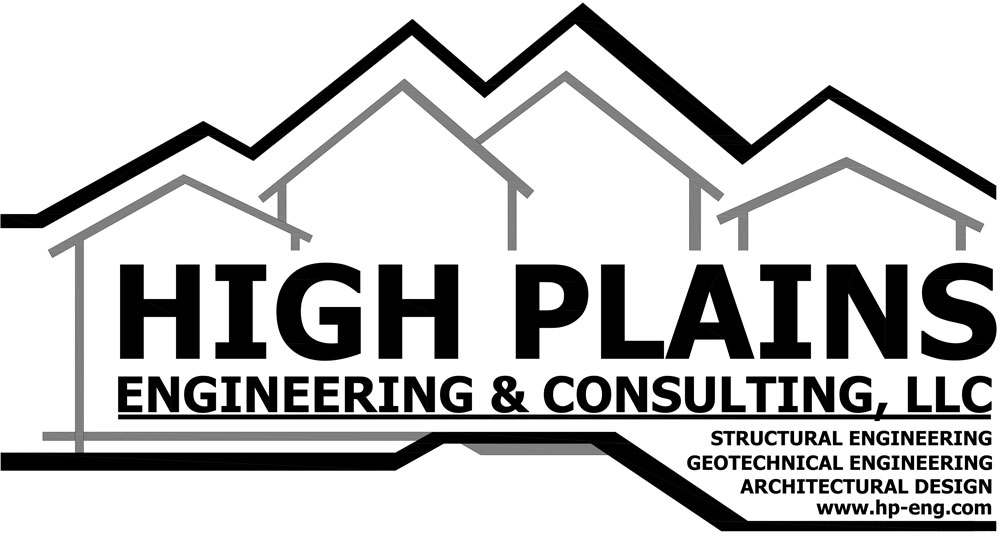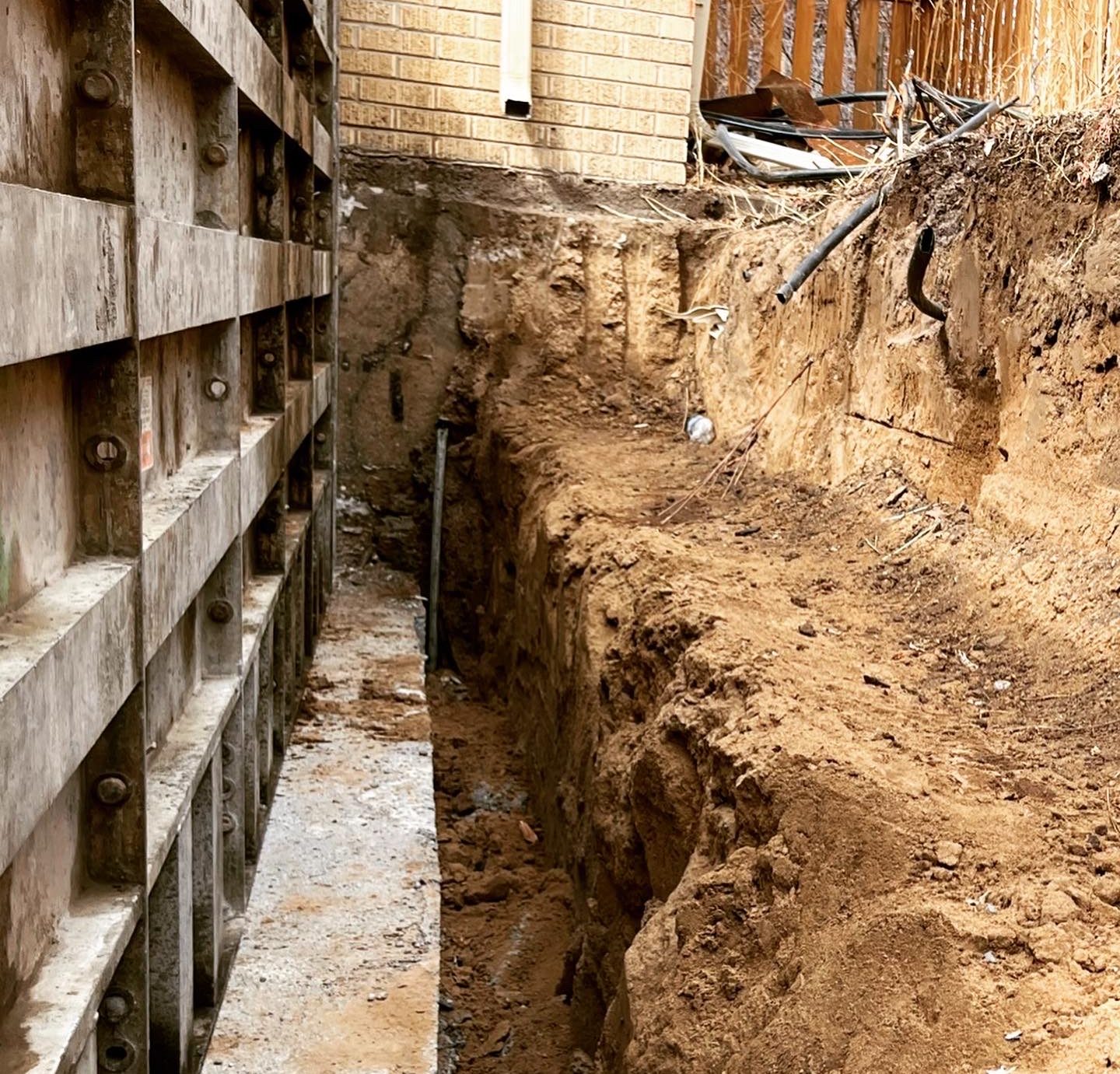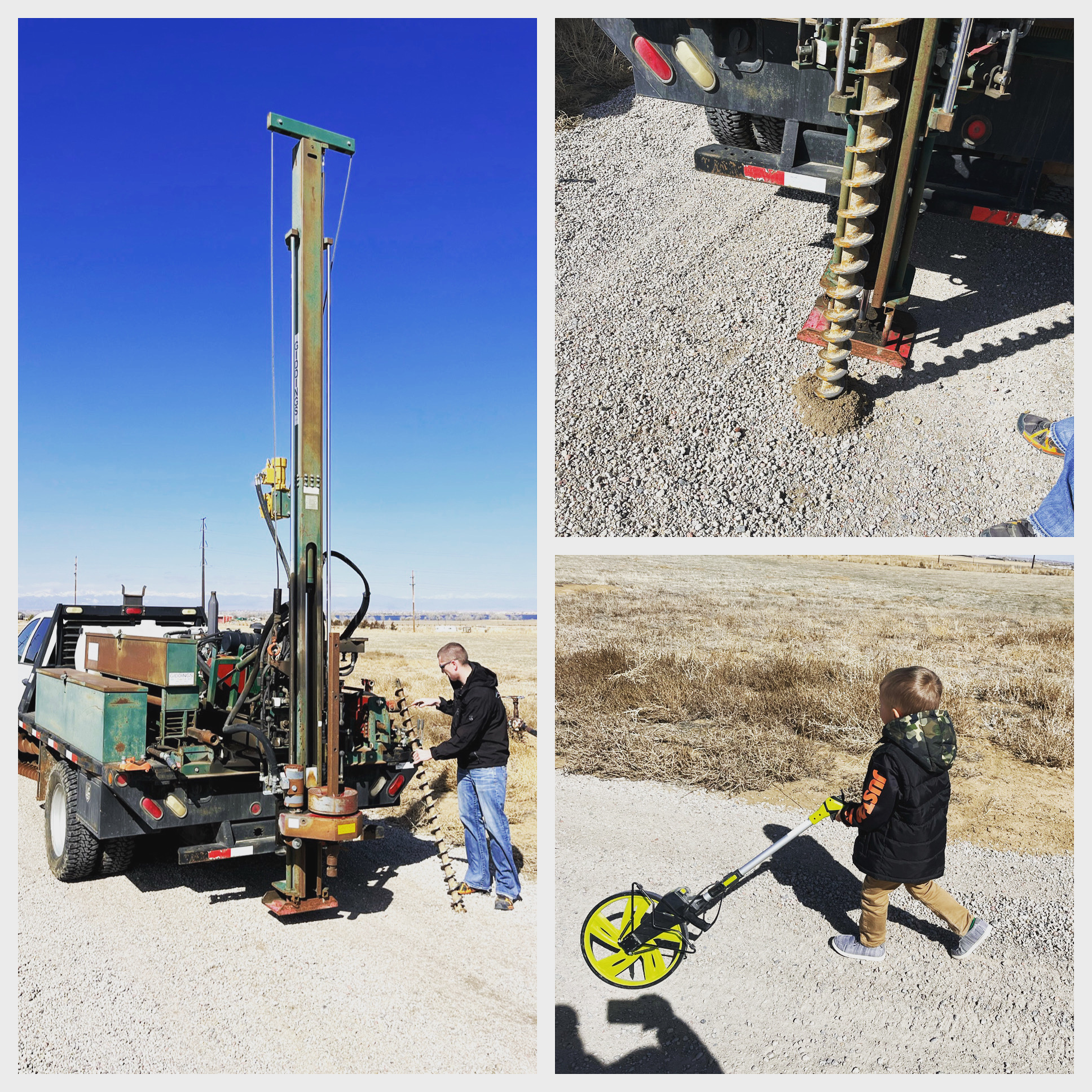It doesn’t matter if you’re building a custom home built, an entire neighborhood, or a large office complex. Regardless of what type of construction you’re doing, you can’t build anything without first knowing what’s going on in the soil, rocks and other earth strata within the land where you plan to build or develop. That’s where the services of a geotechnical engineering company like High Plains Engineering & Consulting, LLC come in. But what is geotechnical engineering?
Geotechnical Engineering
Geotechnical engineering is the practice of using the principles of soil mechanics and rock mechanics to investigate subsurface conditions and the engineering behavior of earth materials. By evaluating the stability of man-made soil deposits and natural slopes, as well as testing the physical, mechanical and chemical properties of surfaces and sub-surfaces one can determine risks posed by site conditions as well as design and monitor earthworks and foundation construction.
Geotechnical Engineering services include soil testing and evaluation that help determine the type of foundation needed as well as whether any lateral earth support structures such as gravity walls, cantilever walls, or excavation shoring are required. High Plains Engineering & Consulting, LLC provides all aspects of geotechnical engineering services for residential, commercial, industrial, and agricultural projects throughout the Colorado front range.
Soil Testing
Subsurface Investigation
Design and construction of functional and cost-effective structures require a thorough understanding of local soil, rock and groundwater conditions. High Plains Engineering & Consulting, LLC provides a wide range of services to support all phases of a project, from preliminary design through completion of the building process. The experience and expertise of engineers and technicians throughout our company, help to assess the construction and long-term performance risks associated with subsurface conditions. We participate as a vital member of the project team, focusing on project objectives and using innovative technologies to provide practical design recommendations.
Open Hole Observation
Open hole observations are an important part of the soil verification process. These observations are used to verify the soil horizons (strata) and the soil bearing capacity as well as view the existing foundation for a proposed addition. An open hole is a vital analysis tool that geotechnical engineers use, as the true nature of the soil layers can be viewed with the naked eye. The soil below the earth is not all the same. Different layers, much like that of a cake, have different consistencies, consolidation or expansive properties, and moisture contents. Information obtained from these observations can verify or refute the findings of a drilled soil sample and help to determine maximum and minimum foundation depths due to limiting layers such as groundwater.
The geotechnical technician will obtain samples from the open hole and run the appropriate tests in the soil lab.
Lab Testing
The soil samples are collected through 4-inch diameter borings using ASTM D1586 (the universal standard in the United States) testing methods and site inspections. High Plains and its trained soils technicians conducts and evaluates the soil collected from each site using many common standard practices such as swell/consolidation testing, sieve tests, Atterberg’s, and moisture content here in our in office soils lab. Through the data obtained, the engineer determines the type of foundation to recommend and the appropriate soil bearing for the structural engineer to design the foundation for each individual site.
Deep Foundation Systems
Deep foundations are required to carry loads from a structure through weak compressible soils or fill soils to stronger and less compressible soils or bedrock at a specified depth. Deep foundations can also be used for functional structural reasons such as zero lot line clearances, tall pole foundations, signage foundation supports, and shoring excavations. We work with several types of systems including; drilled piers or caissons, helical piers, and micropiles. Other related site solutions would be earth retention and shoring, foundation repair, underpinning of compromised foundations, and structural floor systems.
Get in Touch
Here at High Plains Engineering & Consulting, LLC, we have what it takes to provide you with a wide variety of geotechnical engineering and related services. From soil testing to deep foundations, to storing design, to retaining walls, to pavement design and more, our team of experts can handle any project, large or small, in Hudson, Fort Lupton, Brighton, Strasburg, or Commerce City, CO. Contact us today so we can go over your next geotechnical, structural, or environmental engineering project and schedule engineering inspections and project administration assistance.

 HPEC is an active member of CAGE
HPEC is an active member of CAGE

